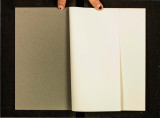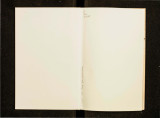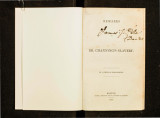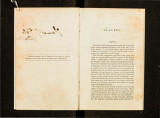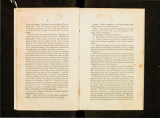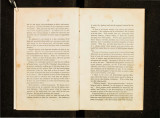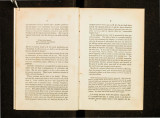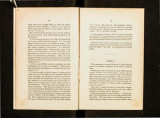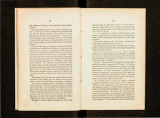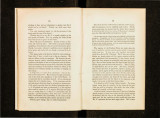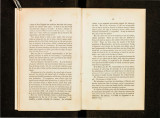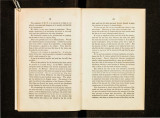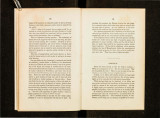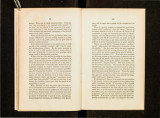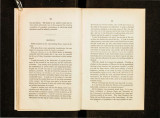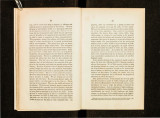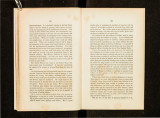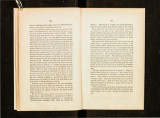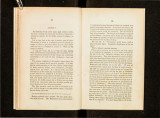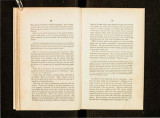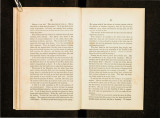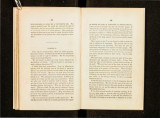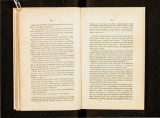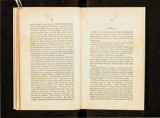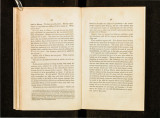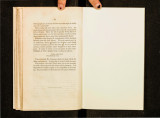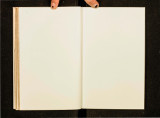| Title |
Remarks on Dr. Channing's Slavery |
| Call Number |
E449 .C4555; Record ID 99297480102001 |
| Date |
1835 |
| Description |
Austin, James Trecothick (1784-1870). Remarks on Dr. Channing's "Slavery." By a Citizen...Boston: Russell, Shattuck and Co., and J. H. Eastburne, 1835 First edition E449 C4555 |
| Creator |
Austin, James Trecothick, 1784-1870 |
| Publisher |
Digitized by J. Willard Marriott Library, University of Utah |
| Subject |
Slavery |
| Type |
Text |
| Format |
application/pdf |
| Identifier |
Remarks_on_Dr.Channings_Slavery.pdf |
| Language |
eng |
| Collection Name |
Rare Books Collection |
| Holding Institution |
Rare Books Division, Special Collections, J. Willard Marriott Library, University of Utah |
| Rights |
 |
| Scanning Technician |
Cedar Gonzalez |
| Digitization Specifications |
Original scanned with Hasselblad H2D 39 megapixel digital camera and saved as 600 ppi tiffs. Display images created in Adobe Photoshop Lightroom 4 and generated in Adobe Acrobat ProX as multiple page pdf. |
| ARK |
ark:/87278/s6127hqs |
| Setname |
uum_rbc |
| ID |
298088 |
| Reference URL |
https://collections.lib.utah.edu/ark:/87278/s6127hqs |




